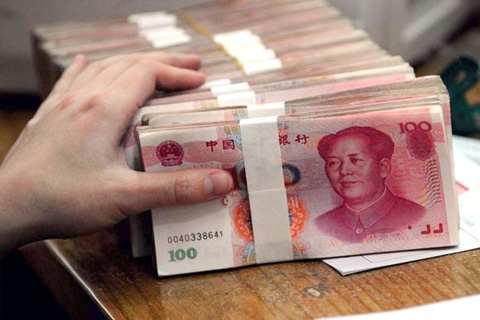Why Recent Decline in Deposit Rates Makes Sense

The recent elimination of the ceiling for deposit rates coupled with the earlier freeing up of lending rates fulfill central bank Governor Zhou Xioachuan's pledge to reform China's interest rate regime. When financial liberalization began in earnest several years ago, the prevailing view was that the country's interest rates were too low because of what experts call "financial repression," which refers to setting limits to keep borrowing costs low for investors at the expense of households receiving lower rates for their savings. Excessively low interest rates were seen by many China watchers as the reason for the country's unbalanced growth as indicated by its high share of investment-to-GDP ratio and commensurate low share of consumption. It was also seen as the reason for speculation in the housing and equity markets. The belief, therefore, was that liberalizing interest rates would lead to higher rates and a more balanced growth.






